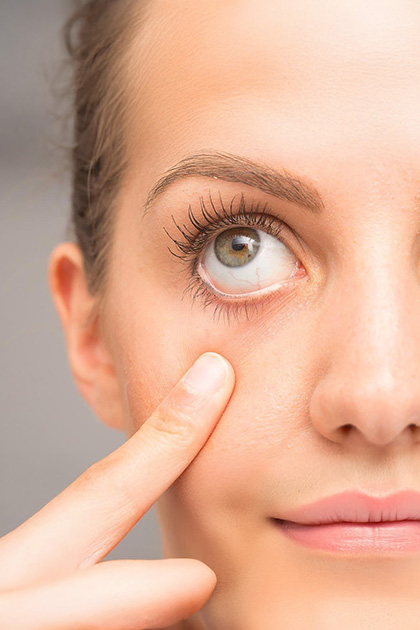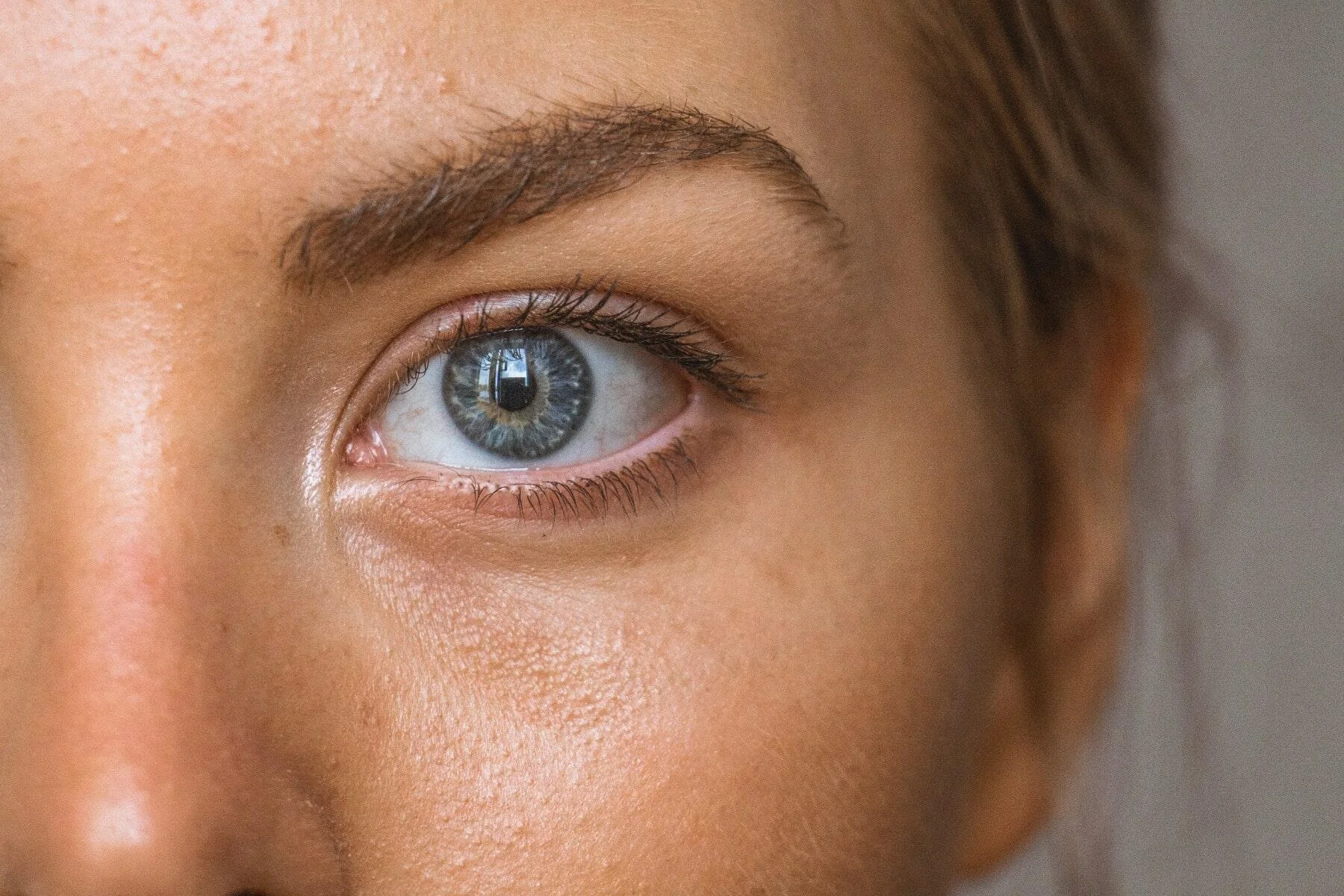

Macular degeneration is a condition that occurs when the macula — the part of the eye responsible for central vision — becomes damaged due to aging. This condition negatively affects activities that require detailed vision, such as reading, writing, and recognizing faces. It typically occurs in individuals over the age of 50 and may progress over time. Early diagnosis is critical to maintaining quality of life.
Overview of Treatment
Typically occurs in individuals over the age of 50.
Can lead to loss of central vision.
There are two types: dry type and wet type.
The dry type progresses more slowly, while the wet type can lead to rapid vision loss.
For dry type, dietary supplements and lifestyle changes are recommended.
For wet type, intravitreal injections can slow the progression.
In advanced stages, low vision aids may be used.
How Is Macular Degeneration Treated?
The treatment plan is determined based on the type and stage of the disease. Although it cannot be completely cured, its progression can be slowed, and visual function can be supported.
For cases requiring intravitreal injections, local anesthesia is applied with eye drops before the procedure. It is painless.
In dry type macular degeneration, special supplements containing lutein, zeaxanthin, vitamins C and E, zinc, and copper are recommended. These supplements may help slow disease progression.
In wet type macular degeneration, when eye drops are ineffective, anti-VEGF (vascular growth-inhibiting) medications are injected into the eye. These injections help stop or slow the progression of the disease.
In advanced stages, remaining visual capacity can be optimized using special magnifying glasses and electronic devices.
The goal of treatment is to preserve current vision levels and slow progression. Intravitreal injections are administered at regular intervals. The dry type typically progresses slowly. Regular check-ups, a healthy diet, and attention to eye health are important throughout the treatment process.
